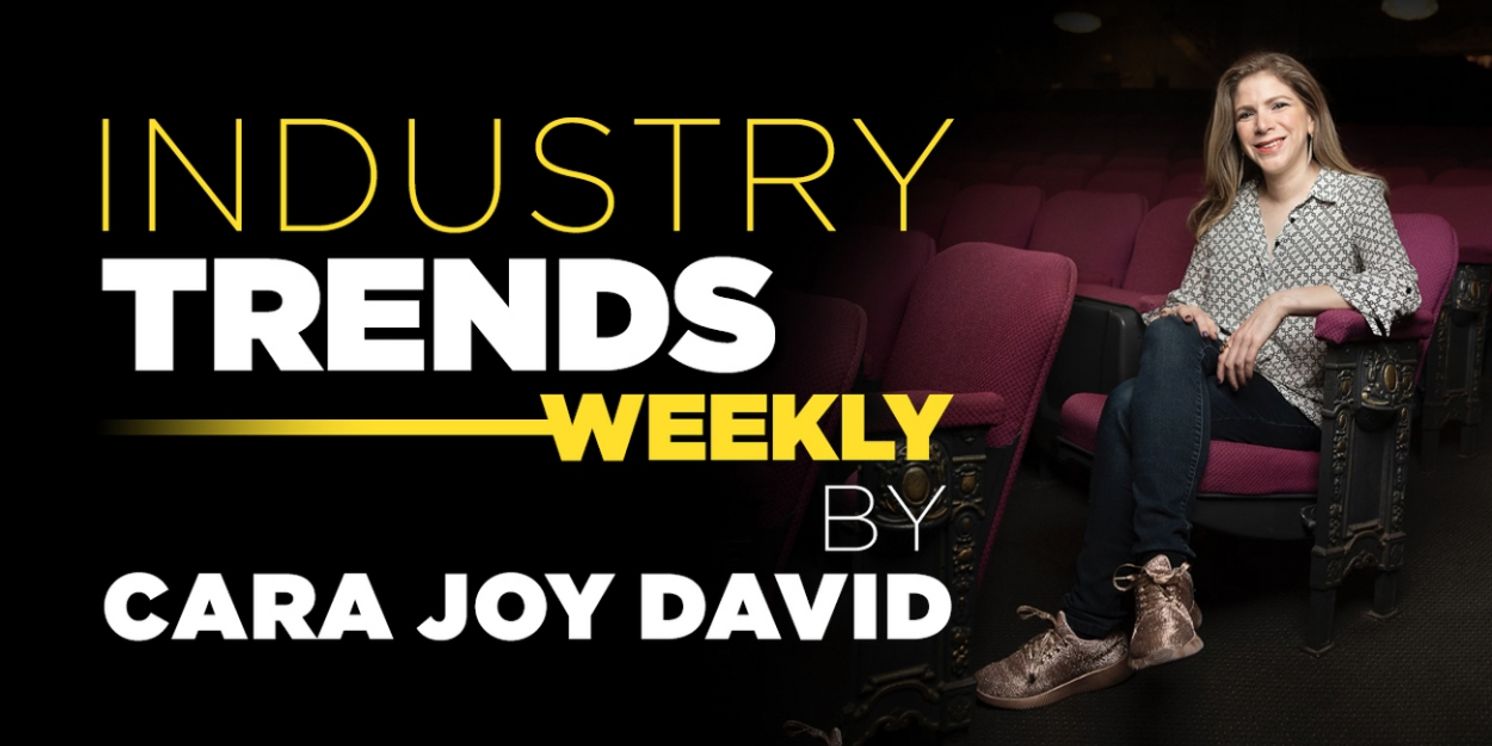World Premiere Wisconsin Serves as Model of New Work Support
The 2023 festival spanned thirteen cities and promoted forty-seven new works.

As I wrote last week, in these times of tumult, it’s important to look at what is working. After all, the sharing of ideas is essential for growth as a community. Last week, I looked at support for independent producers. And there is more to be written about that—for example, the Creative & Independent Producer Alliance’s National New Work Development Network is likely to become even more important as we move forward. But this week is about World Premiere Wisconsin, a statewide new work festival that ran from March 1 through June 30, 2023. The festival was astounding in its breadth, it spanned thirteen cities and promoted forty-seven new works (thirty-seven of which were by Wisconsin-based writers).
“[It was] a brazen and optimistic (as well as community-forward, theatre cheerleading, audience sharing, diverse and determined) series of coordinated theatre,” popular playwright Lauren Gunderson, whose play Artemisia premiered as part of the festival, wrote in an email. “It felt so warm and supportive and—honestly—exactly what theatre told us it was supposed to be: about a place and a people and a share respect and love for new work.”
Jen Uphoff Gray, Artistic Director of the Forward Theater Company in Madison, Wisconsin, came up with the idea for the festival in 2018. She quickly began meeting with the leaders of the state’s other professional theatergoers (which she defined as those with a season contract with Actors’ Equity) to get buy-in. In the beginning of 2022 they decided to bring community theaters, educational programs, and independent producers into the tent, and in summer 2022 they hired Michael Cotey as Festival Producer.
The idea behind the festival was not to sell tickets directly and make money that way—there was a marketing-related festival pass, sort of like a Yelp “check-in” concept, but no way to buy tickets to the festival. Each participant theater or program sold tickets as they would in any year. The idea was more to foster new work and promote it. Participating theaters got a ton of extra marketing for their involvement. The festival took out ads. In an age when arts journalism has dwindled, World Premiere Wisconsin invited former Milwaukee Journal Sentinel theater critic Mike Fischer to cover the shows, writing stories on each for the festival website. The festival was also promoted by tourism boards and local media outlets. So basically (and there are details here, but this is broad strokes), theaters/programs/producers that agreed to be part of the festival by putting on a new work, received a lot more attention than they would for a non-festival offering.
“There were theaters involved that had never done a new work, and others that might have done new work really infrequently,” Uphoff Gray said. “This provided an impetus for them to put the resources into it. And that was one of the stated goals of the festival—it was to make it easier and to feel less risky to take on doing a new work.”
Cotey said one of his favorite stories of the festival involved Capital City Theatre, a small Madison musical theater. It had never done a world premiere, but its mounting of Shining in Misery, a new Stephen King musical parody, sold out.
Uphoff Gray and Cotey both stressed the success of the festival as measured in intangibles. Yes, participating theaters were generally happy with their ticket sales, but the festival meant more than that. It raised awareness for theater. It helped get new work produced. And it helped theaters communicate with each other—it helped them feel part of a community.
“We signaled out that no one production that's a part of this festival is going to get more play time or more emphasis than any others regardless of the size or scale,” Cotey said. “We treated each one as an important unit of the ecosystem.”
But how did they do all of this? This was pretty ambitious and to be able for other states to replicate it, I wanted the “how.” When Cotey came on board in summer 2022, the festival had a bank account balance of about $35,000, containing mostly donations from the 13 professional theaters. He had to hit the ground running, applying for grants and getting buy-in from tourism organizations. The biggest booster came from Wisconsin itself, which gave World Premiere Wisconsin an over $40,000 grant. According to Cotey, the festival both took in and spent a total of $187,939.86. That came from $37,850 of that was directly from theaters and the Ten Chimneys Foundation (which is related to the estate of Alfred Lunt and Lynn Fontanne), $3,825 from individual donations, $23,682 from sponsorships from local tourism organizations, businesses, and other organizations, $43,450 in state grants, $79,122 of in-kind contributions and a whopping $11 in bank interest. Because World Premiere Wisconsin didn’t produce shows, expenditures included the budget for the few events they did present, Cotey’s salary, Fischer’s pay, marketing and advertising money and other small expenditures. One of the learning lessons was that fundraising should have started earlier, but, generally, they were happy with what they were able to do.
And there is no question the festival—which Uphoff Gray said they hope to do every three or four years—promoted and fostered new work, in a time when we need that. Theaters reported doing work they never would have done if not for the festival. It was a large, ambitious endeavor that can serve as some form of a template for other states and programs.
Industry Trends Weekly is a short column that runs in the weekly Industry Pro Newsletter. You can read past columns and subscribe here. If you have an idea for the column, you can reach the author at cara@broadwayworld.com.
Videos

